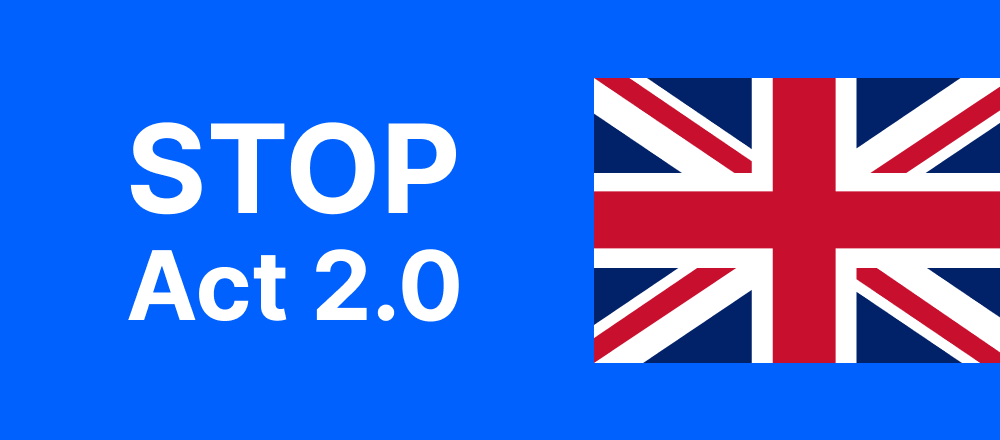Customs Freight Simplified Procedures (CFSP) Customs Freight Simplified Procedures (CFSP) is a system the European Union (EU) uses to facilitate easy customs clearance for goods entering or leaving the EU. It allows authorised economic operators to clear their own goods through customs using simplified procedures rather than having to go through a traditional customs declaration… Continue reading Customs Freight Simplified Procedures (CFSP)
